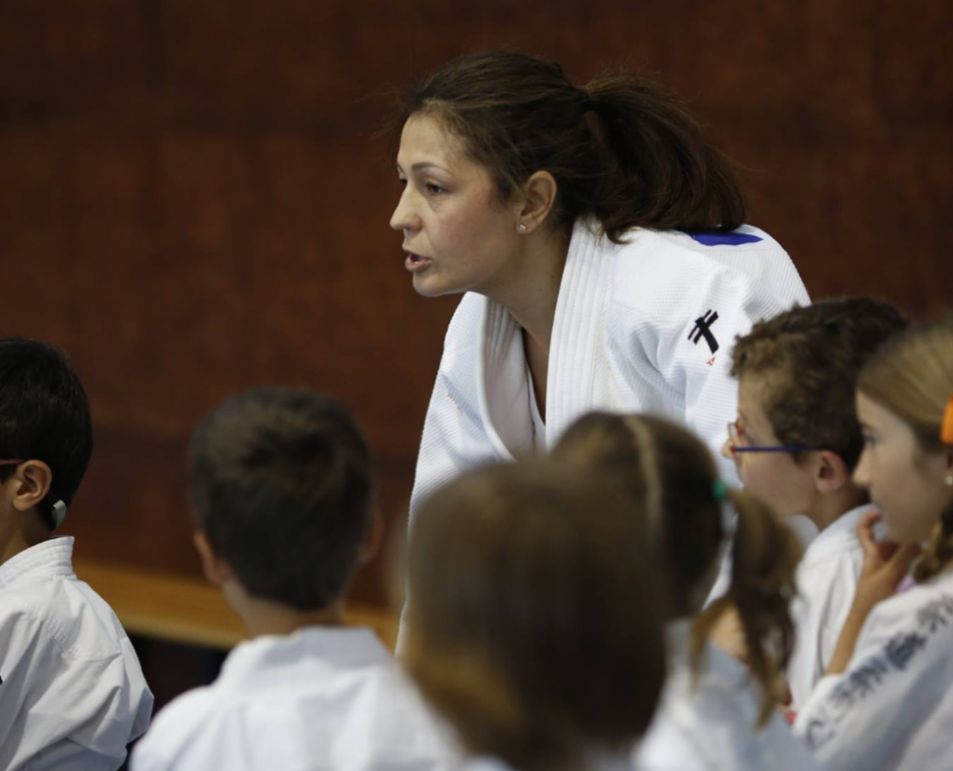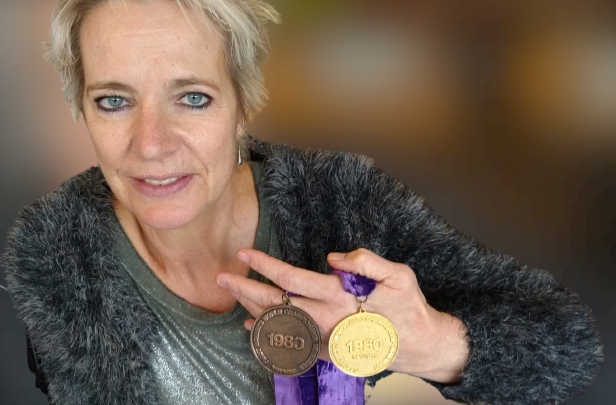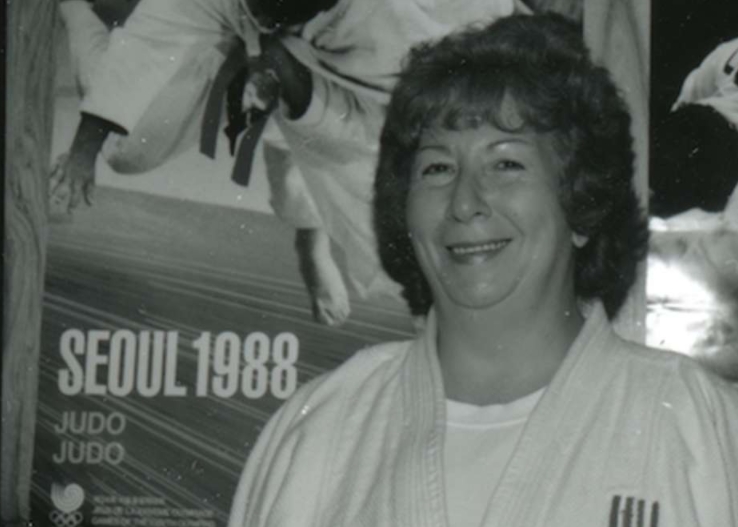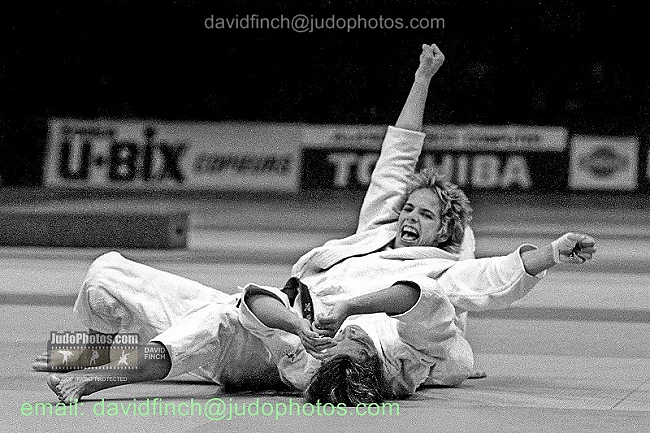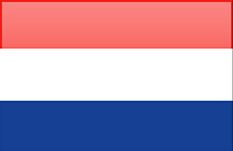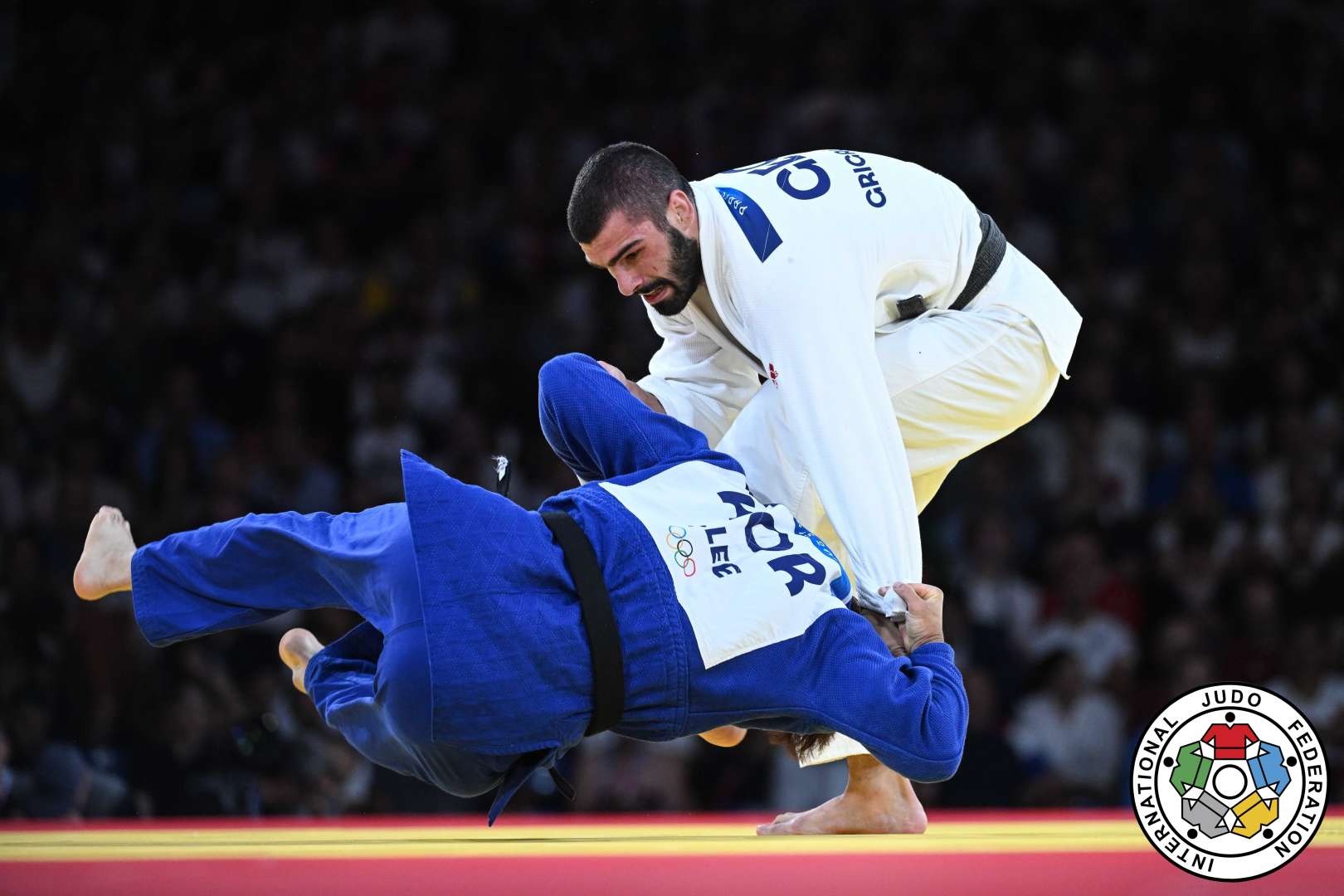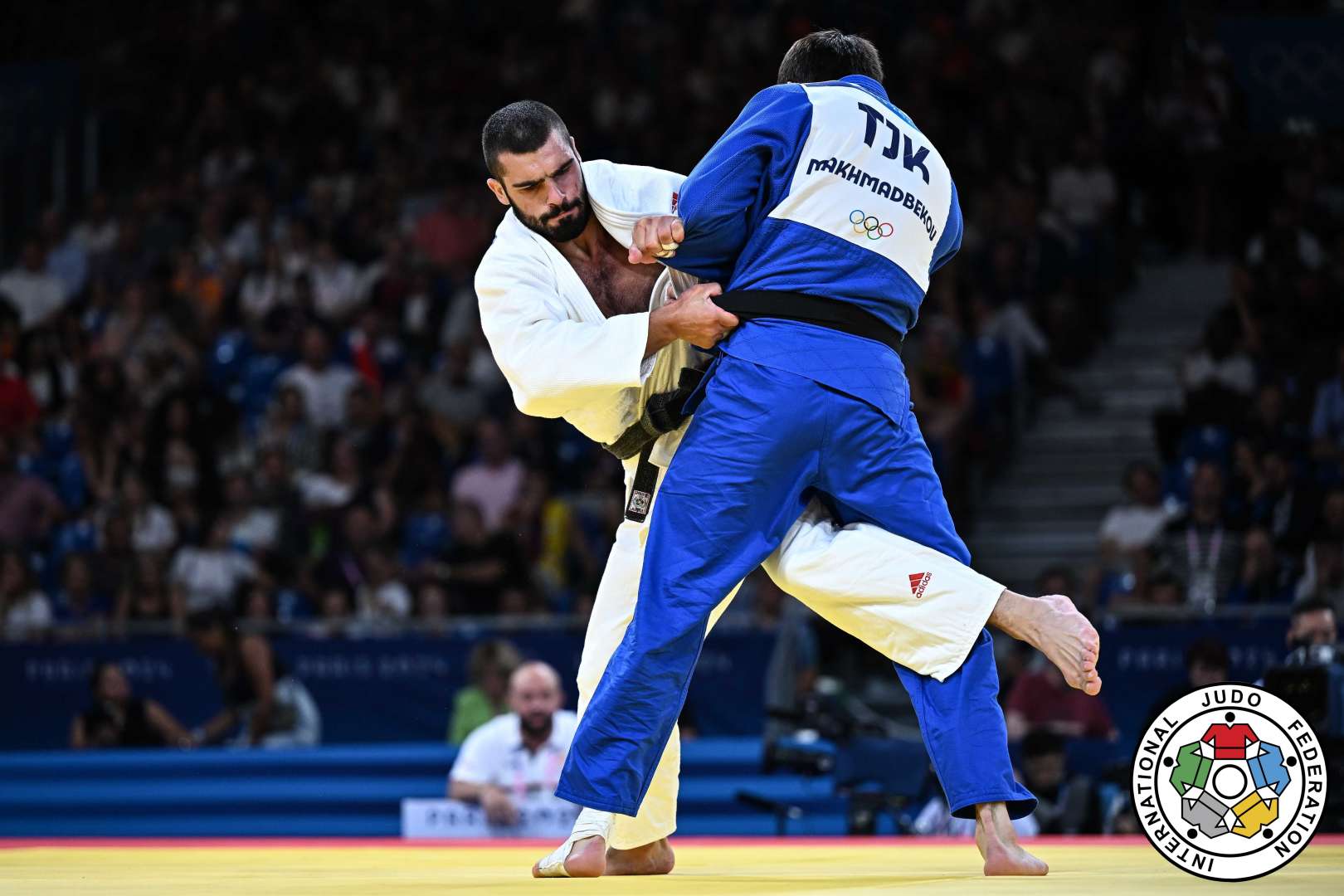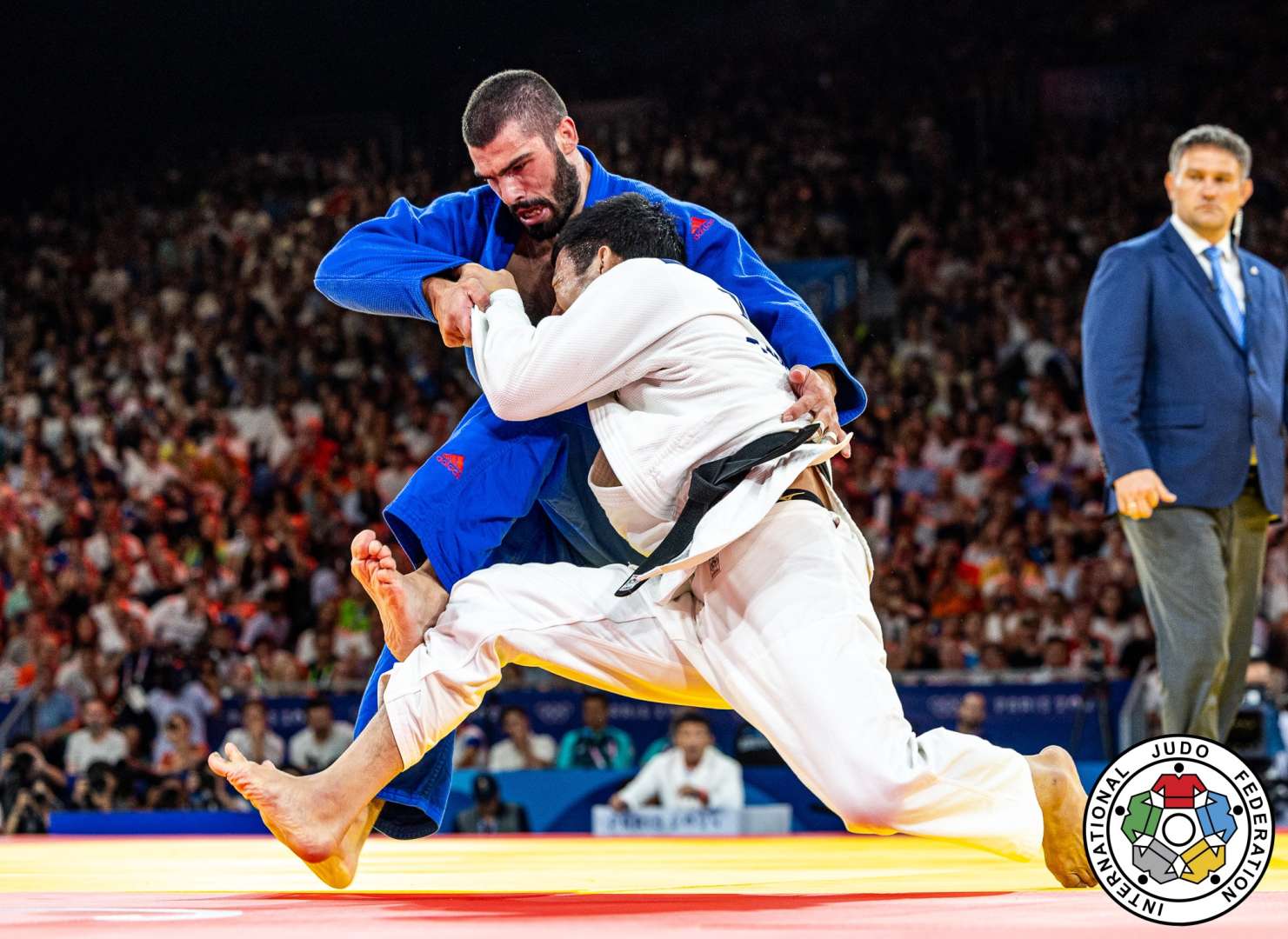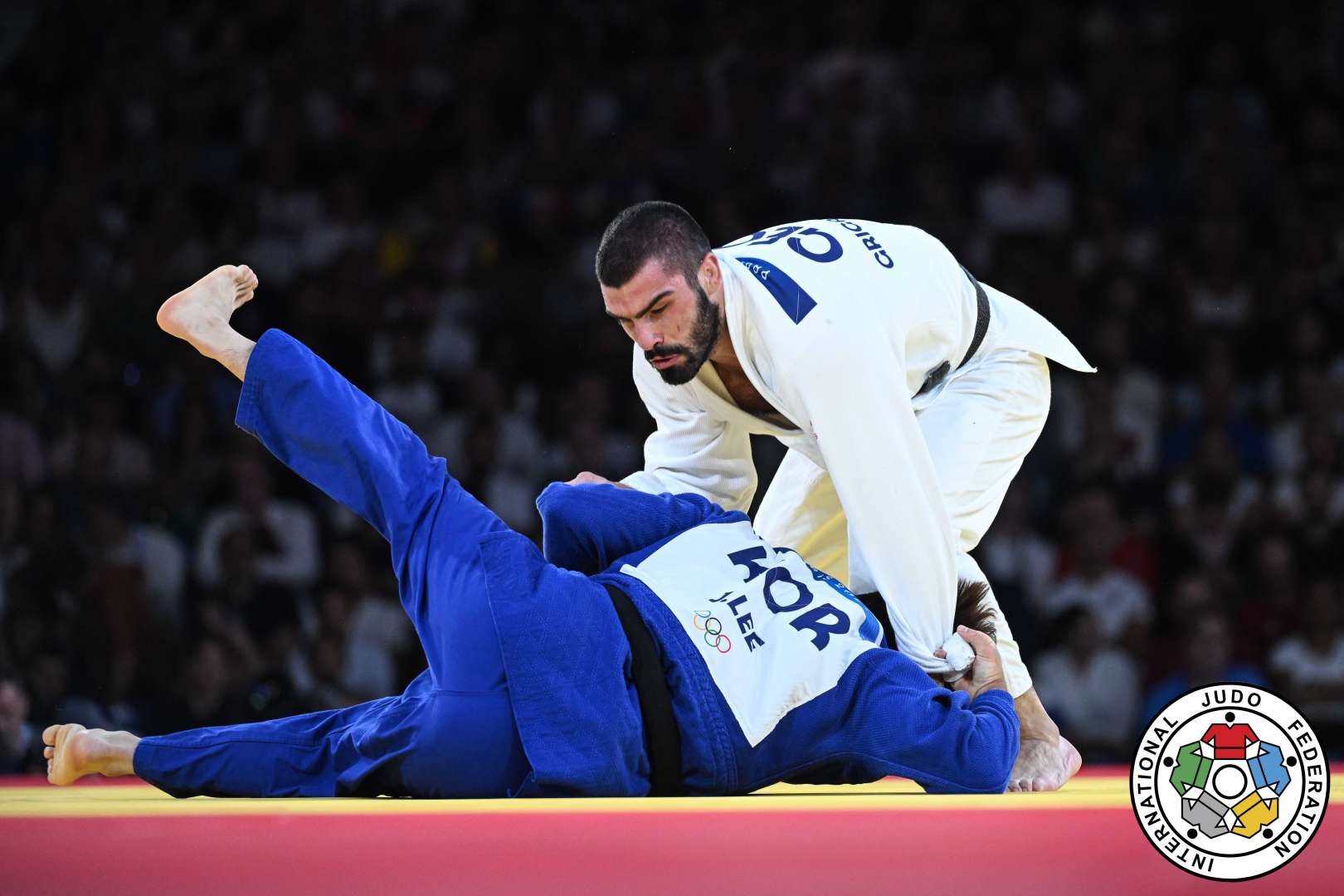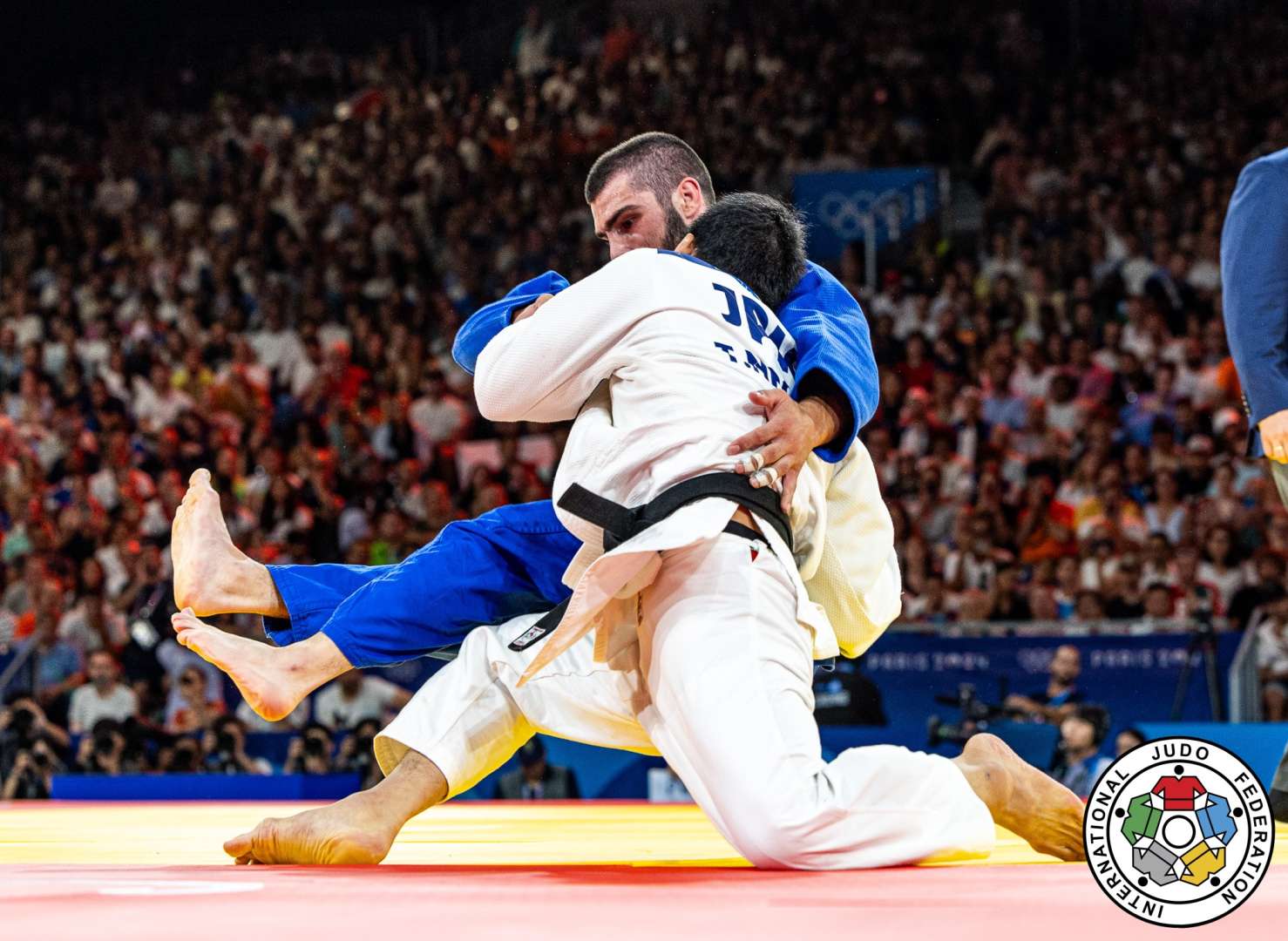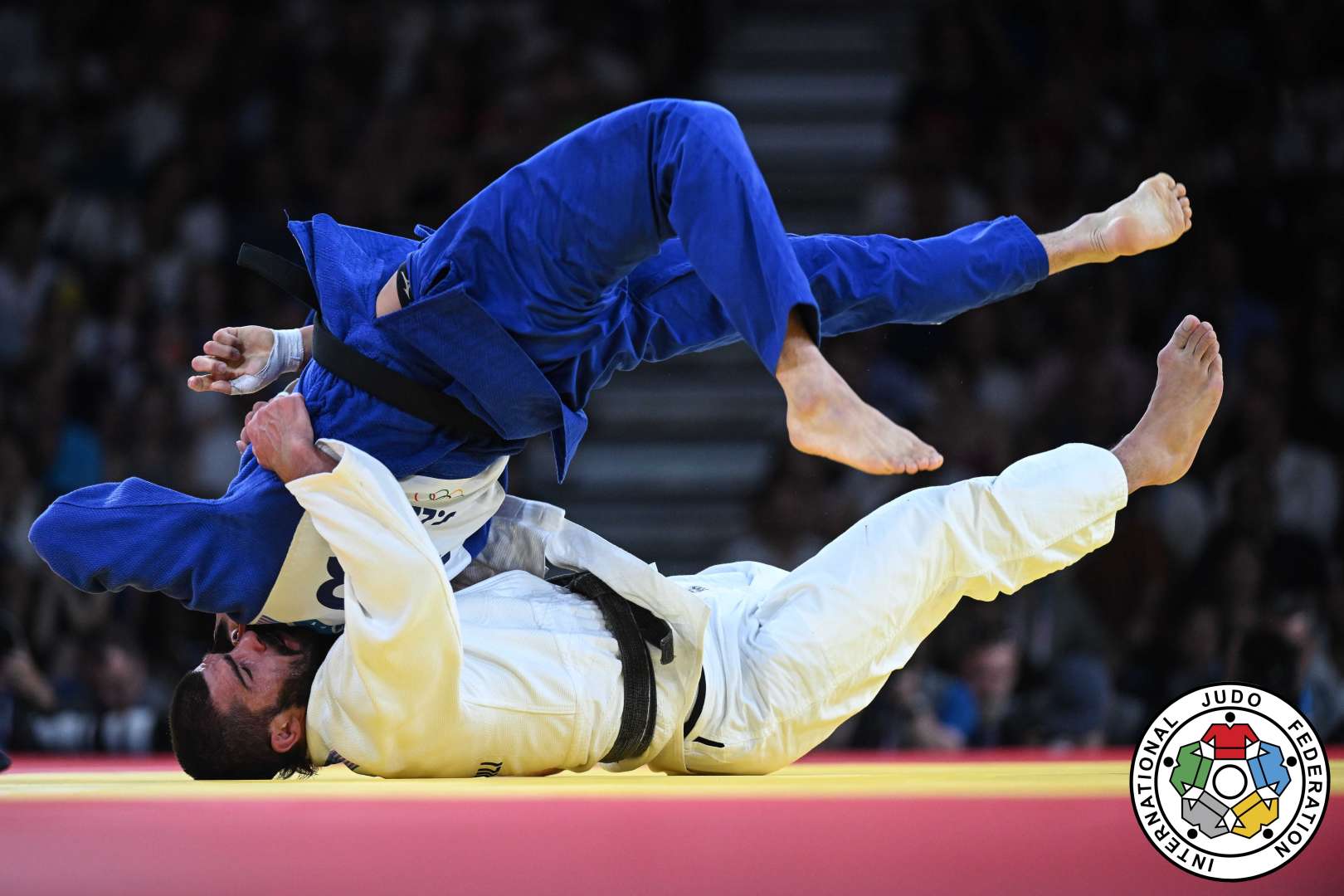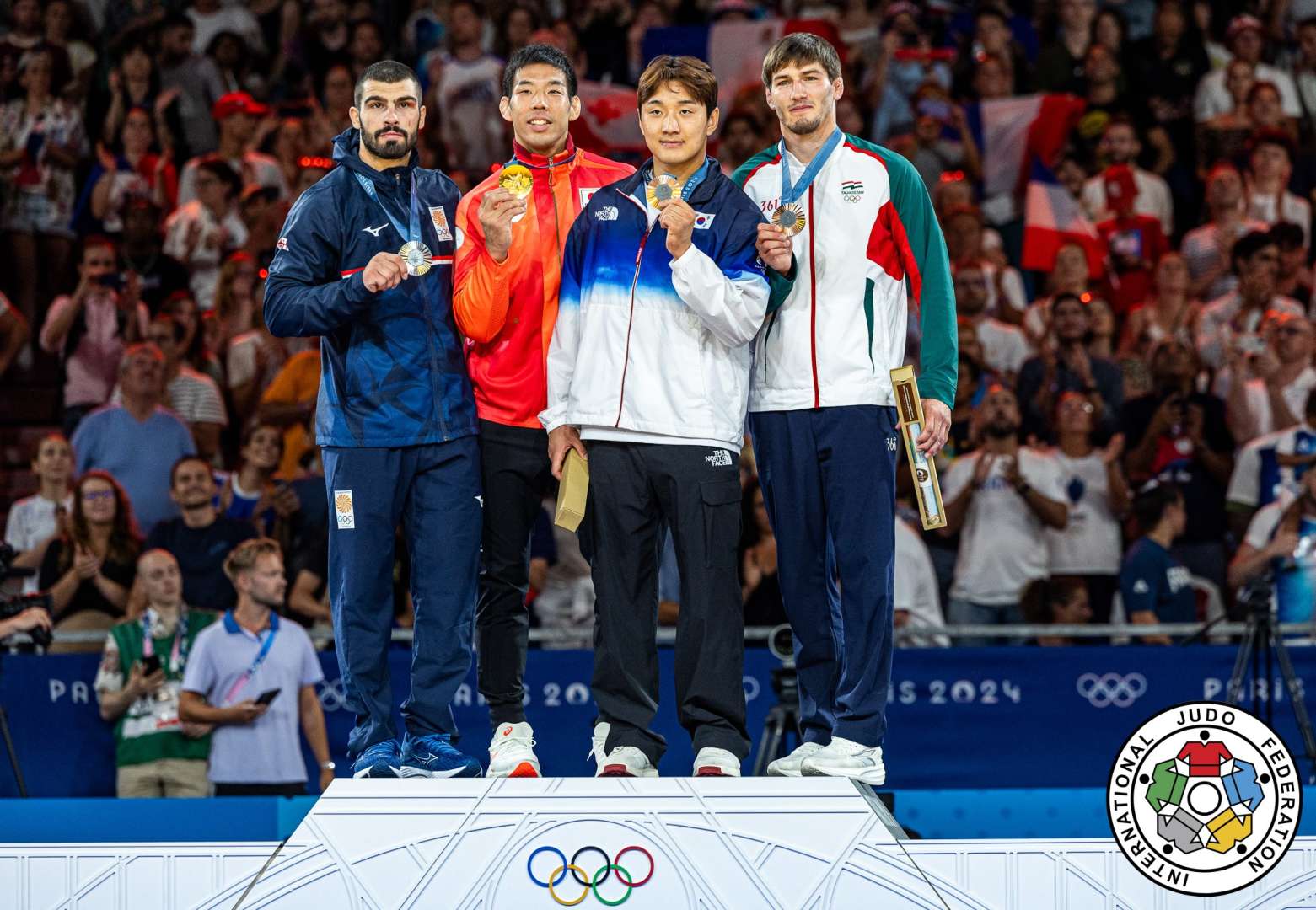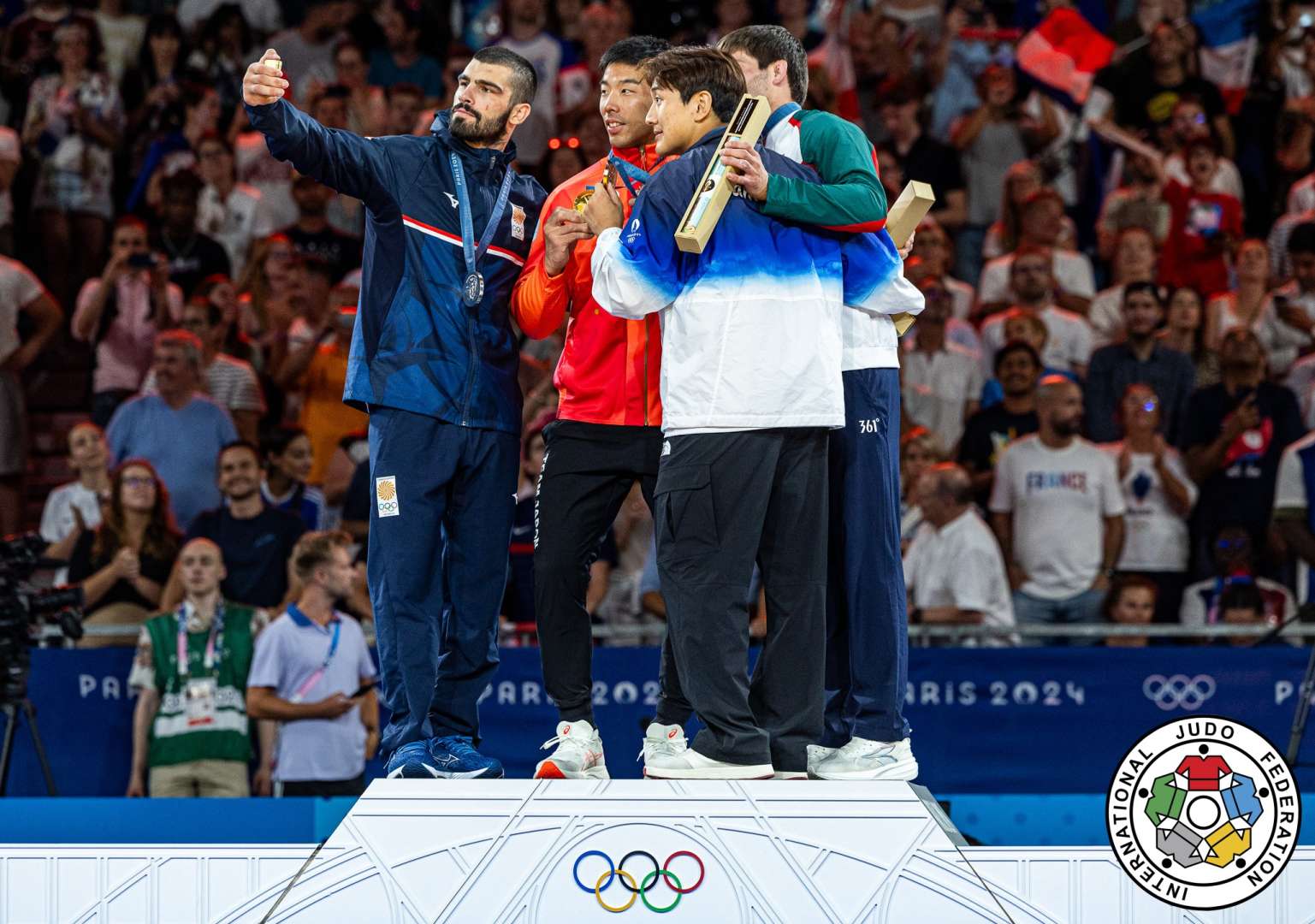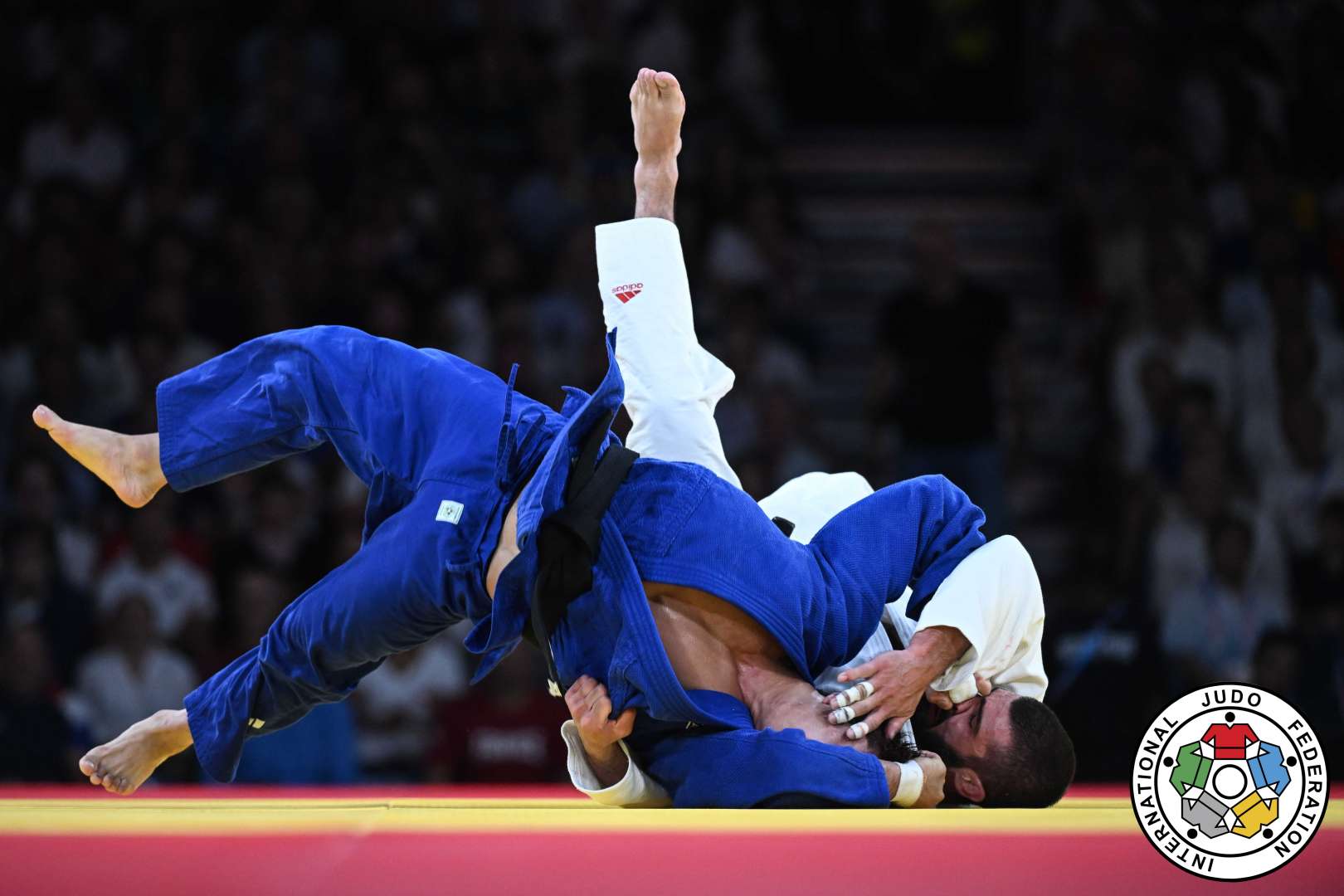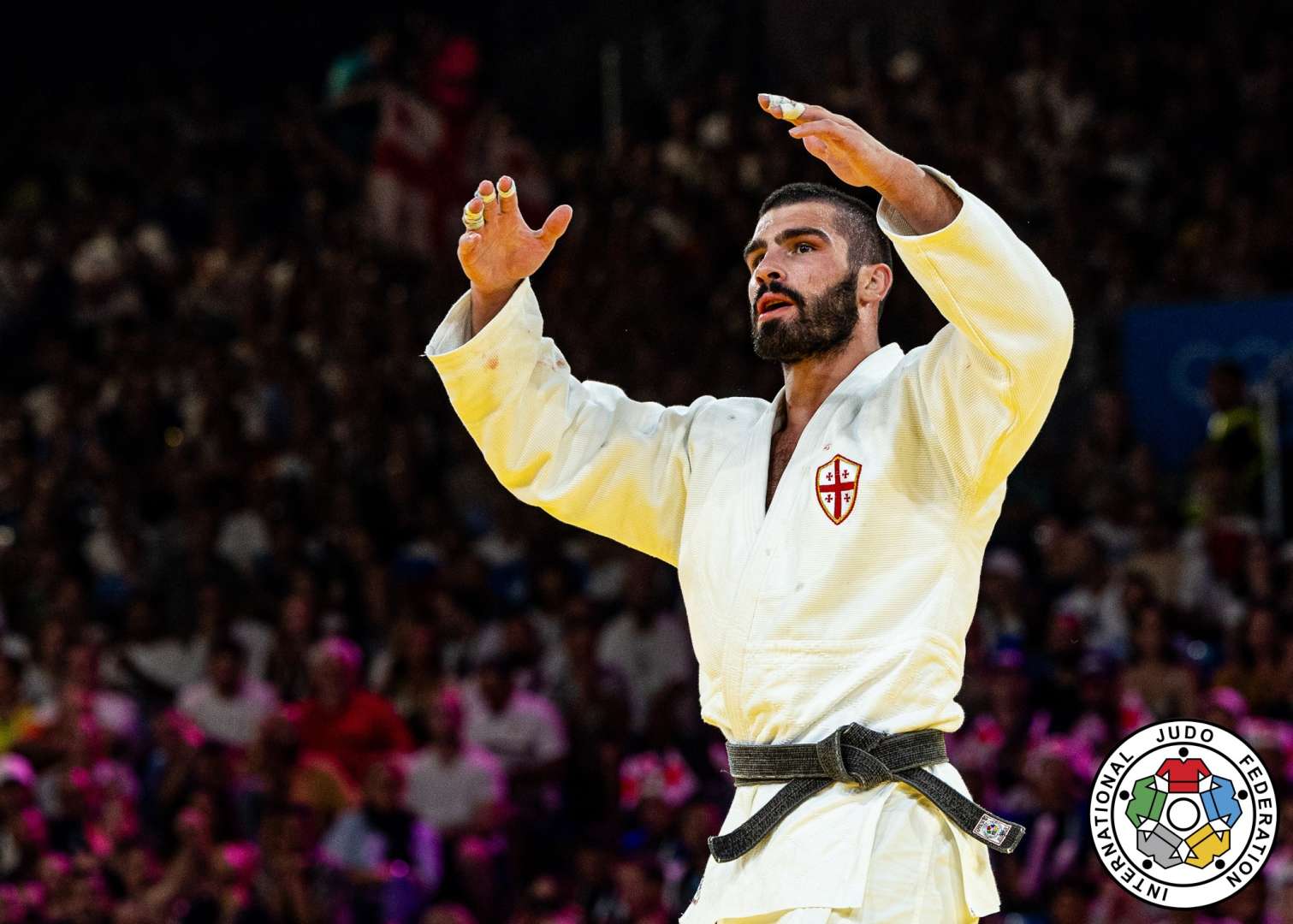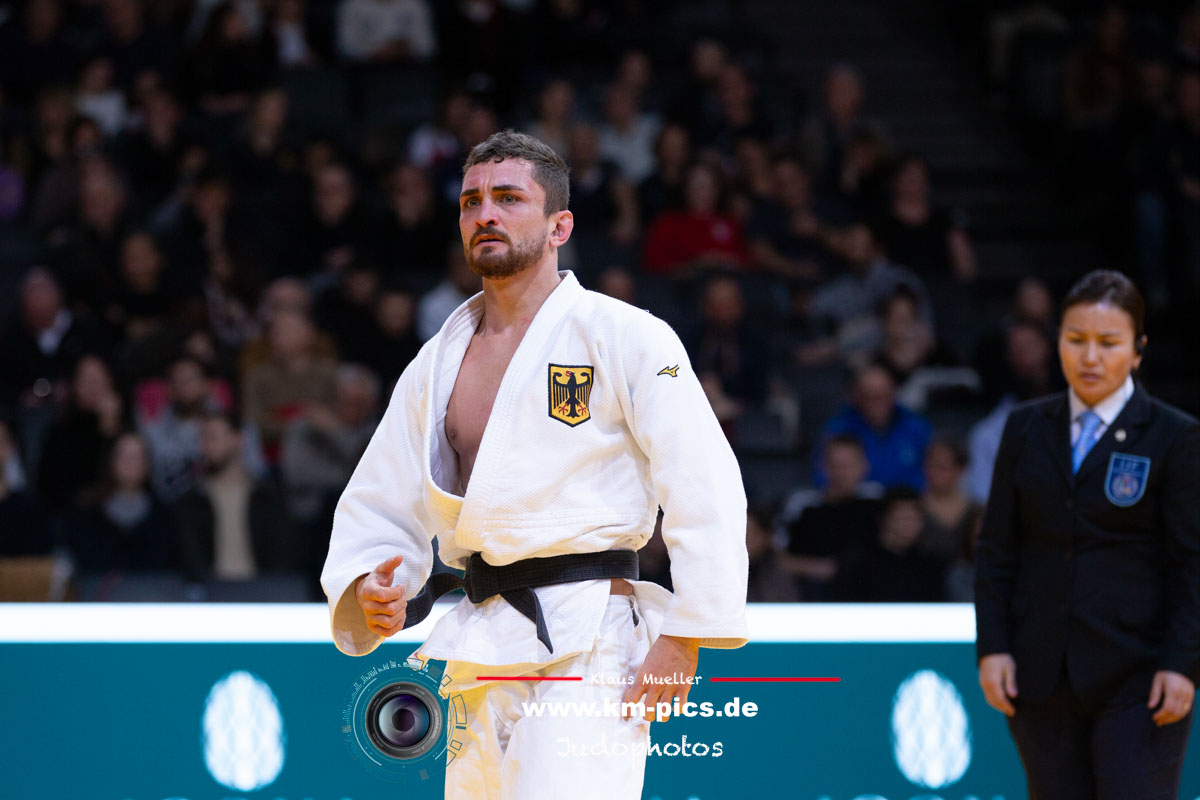Laura Di Toma Technical Director FIJLKAM based upon quality not gender
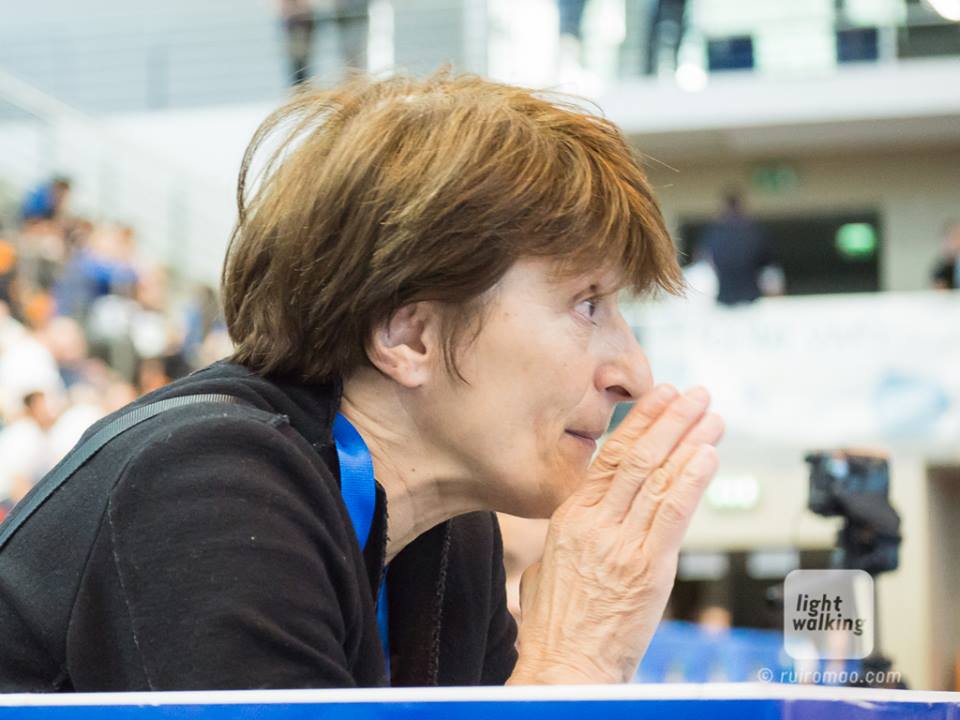
 9 Mar 2023 23:25
9 Mar 2023 23:25
 IJF Media team by Jo Crowley
IJF Media team by Jo Crowley
 Rui Telmo Romão / www.lightwalking.pt
Rui Telmo Romão / www.lightwalking.pt
Despite a silver medal in New York at the first Women’s World Championships in 1980, there was no Olympic Games for Laura Di Toma (ITA) as women were still waiting for the green light at that time. Di Toma won four European titles from the first women’s edition in 1974.
She did, however, continue to win other medals and stayed glued to judo, steadfastly following her passions, collecting experience and knowledge and friends. At 68 Laura shows no signs of slowing down. She’s been the Technical Director for Italian judo (FIJLKAM) for just over a year, influencing the direction of the national team.
“I’ve been one year in this new role. Having been there at the beginning and being at the top of women’s judo all those years ago, I knew the value of hard work and earning my stripes. I’ve moved through all the correct stages in my career since retiring from competition, from cadet coach to juniors and eventually now have reached the top of this pathway.
It’s very important to be able to see the movement of women but now we are really seeing that there is an equal drive for each. In Italy we maybe still have more men in top roles but it continues to evolve. In other countries perhaps there is still a major process of equalisation needed. In Italy it is calm and with this issue things are changing without fuss; it is happening correctly.
I was there at the beginning of the process in judo as before NYC 1980 there was no real possibility for women. Rusty Kanokogi led the way and I was involved in the opening of the doors for women toward the Olympic Games.”
Laura is clearly proud but also matter-of-fact about the whole thing. It is not a fairytale or a little side story, it is part of changing the world to ensure we strive towards no single demographic taking the monopoly.
“Rusty wrote to all competitors from 1980 asking them in turn to write to the IOC to ask permission to compete at the Olympic Games. It was such a long and difficult process. Now in the world of judo we have equilibrium or at least the possibility of it.
On a separate but related issue, I remember past athletes having babies and being in the tribune with their children and everyone was saying how disrespectful it was to have the child there while trying to compete. I remember this at the senior Italian championships many years ago, in the 1990s. For me I saw it differently, I was proud of them but the public press was not good. I have seen this change to the way we perceive mums and families within sport now; they have the opportunity. This complete change is so necessary and positive.
I needed to fight at the beginning of my career, with my elbows,” she smiles, “to have a position as a coach. It’s not like that any more. Now if you’re good for the job, you’re good for the job. I was always thinking like that, many years ago. This is interesting because as soon as we start to think and write and publicise more correct ways, it becomes possible. We needed to highlight the disparity and now that we have, things are changing everywhere fairly fast.
The reporting of women and how women are viewed has changed so much between the past and now. Journalists have to take some responsibility for this change and also perhaps for the existence of some barriers.
In Spain there is a journalist who interests me, Almudena Lopez, she’s also a judoka. She wrote about events in the 1980s in Spain, a time when women earned a doll and not a medal. This perpetuated the perception that sport and combat sport specifically was not for women or girls. They were still seen as girls and not as athletes. This is of course not the case now.
I also think about the change in preparation for being seen, being looked at. In 1980 we saw women just standing very still and pristine but now we see real combat and aggressiveness in photos. We see all parts of the body and with the expressions of effort, but in a sports context, not cleaned or portrayed as beautiful objects to look at.
I remember the Cuban women’s team in the 1990s would add make-up, fix their hair and ensure they were perfect on the podium. They came off the mat from the medal contests so fast to prepare for the photos of the medal ceremonies. It was nice to see the team working like this collectively, in a way, but now we don’t have this phenomenon at all, as our athletes, women and men, arrive in the sports context ready only for sport.”
You can be a woman, man, gay white, black, a teenager or a veteran but in our community you are judged now by how good you are at your job. Nothing else matters. There are important differences between men and women and it really is important not to lose them but they are not relevant at work, in judo.
Now we have wonderful female coaches such as Yuko Nakano, Sally Conway and Yvonne Boenisch, plus others, all coach men internationally. Their coaching is under the microscope, as it should be, not their gender.”
Laura did not wait for permission from anyone to step forward into her career, she just worked and set her goals. She loves her sport not because she was allowed to by someone else. “I’m good at my job because I worked hard enough to warrant being here. My position is not the result of being a strong woman in judo but as a result of my work, my experience and my knowledge, regardless of me being a woman; it’s all irrespective of gender. One day we won’t need to talk about it!”
 like
like
 share
share

| Result | City | Date |
|---|---|---|
| 2 | Paris | 2024 |
| 1 | Abu Dhabi | 2024 |
| 1 | Zagreb | 2024 |
| 3 | Belgrade | 2023 |
| 2 | Montpellier | 2023 |

